As its very name describes, this volume is a rejoinder to Pope John Paul’s recent book crossing the Threshold of Hope. While repeating old claims for the Church and its dogmas, his book notices non-Christian religions without the customary derogatory epithets. It is a new thing in Christianity. In the past, “other” religions were simply handiwork of the devil, and it was the special duty of the Church to overthrow them. The old aim still remains but it now stated more softly.
In his book, the Pope discusses Judaism from which Christianity derives; he also discusses Islam, a sister religion. All of them have a history of conflict though doctrinally they also have many things in common a common God, common doctrines and common hatreds etc.
Pope John Paul discusses Buddhism and Eastern yogic practices, and also of Europe’s New Age Movements in which he sees clear Eastern influences. For the purpose of this rejoinder, this part of his book is most important one, and the rejoinder takes it the most consideration.
This volume could be regarded as author’s contribution to the dialogue. It does not accept Christianity’s view of itself and of others. It offers a different view – a Hindu- Buddhist view of both. It continues the work begun in the author’s the Word as Revelation. Names of Gods and carried on in his Hindu View of Christianity and Islam.
The book is written in reply to the Pope’s but the intention is not polemical. It could even be delinked from its immediate context and read independently. The idea is not to find faults but to warm against clichés, to promote understanding of the subjects and truth.
ABOUT THE AUTHOR Ram Swarup
Ram Swarup(1919-1998) graduated from the University of Delhi in 1941 and had been an original writer and thinker ever since. He participated in his country's struggle for independence, courting imprisonment. For some years, he was a close associate of British-born Mira Behn (Miss Slade), Mahatma Gandhi's adopted daughter. In the fifties he led a movement warning against the growing danger which international communism presented to the newly won freedom of the country. Around 1957, he took to a life of meditation and spiritual reflection, and since then he had made a deep study of the scriptures of different religious traditions. Ram Swarup was a noted writer in many fields. His previous books and brochures include Communism and Peasantry : Implications of Collectivist Agriculture of Asian Countries, Foundations of Maoism, and Buddhism vis-a-vis Hinduism. His Gandhism and Communism stressed the need to raise the struggle against communism from a military to a moral and ideological level. The brochure caught the attention of several US Congressmen, and some of its ideas were adopted by the Eisenhower administration in its agenda for the Geneva Conference in 1955. His Gandhian Economics, small but seminal, shows that the present industrial production system suffers form circularity, a deep internal technological contradiction-coal and iron, and a hundred other commodities symbolized by them, producing and consuming one another in a crescendo, round and round. His magnum opus, The Word As Revelation : Names of Gods, is on Linguistics, Philosophy, Vedic exegesis, and Yoga. It shows how a religion of 'many Gods' represents authentic spirituality.

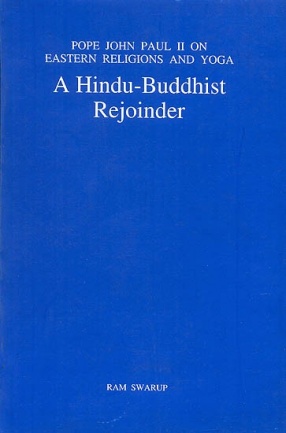
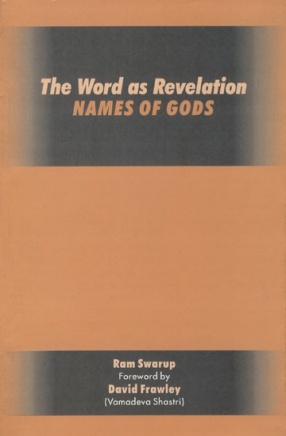
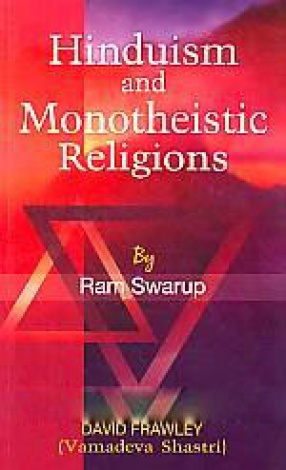

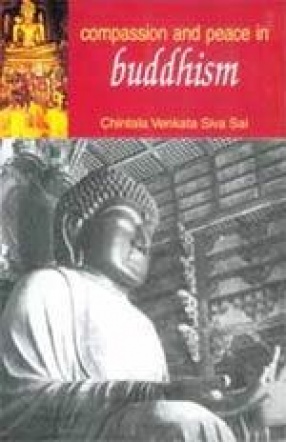

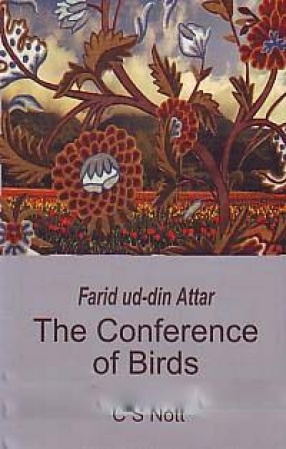
There are no reviews yet.